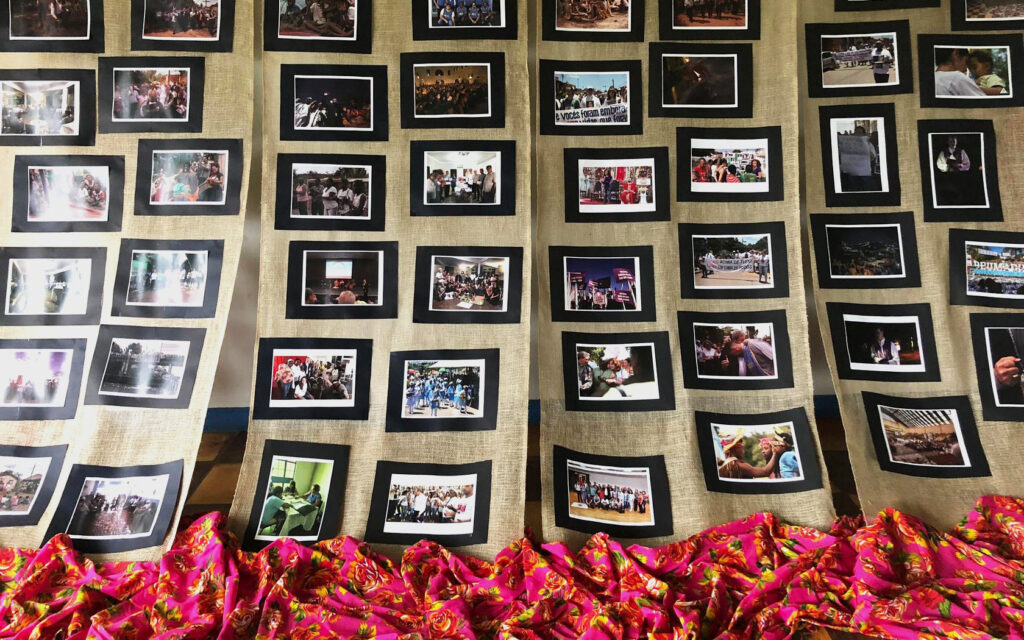At 12:28 on 25 January 2019, a tailing dam near Brumadinho, holding back leftover products from a nearby iron mine, suffered a catastrophic breach. Seconds later, over 18 million cubic meters of mud and debris tore downstream, killing 272 people. The alarm meant to warn nearby workers and communities of the danger never sounded – it had been installed just below the dam and was instantly destroyed.
A year later, as the victims gather to commemorate the disaster, they are not only grieving but also still seeking justice. The dam in Brumadinho was not the first to collapse in Brazil’s Minas Gerais State. Four years earlier, a similar tragedy in Mariana killed eleven people, caused extensive environmental damage, and displaced hundreds. With as much as forty other dams in the state at high risk of collapse, the danger of recurrence is a daily reality for people.
These tragedies have become emblematic of the consequences of corporate negligence. It soon emerged that the mining company Vale, which owned the dam, had repeatedly ignored warnings that it was unstable. Meanwhile, the German company TÜV Süd had issued a safety certification, despite internal concerns the dam was at risk of liquefaction. Although several individuals working for these companies have recently been charged over their involvement, little has been done to bring about systemic change for corporate accountability or make reparations for the victims.
As a member of the mining Commission of the Brazilian Bishops, Brother Rodrigo Péret, OFM, has been an outspoken advocate on behalf of the Brumadinho community and worked with Franciscans International to draw attention to the case in different international forums. In May 2019, he joined survivor Dari Pereira in Rome where they presented Pope Francis with the photos and names of the 270 victims, after which the Pope blessed the photos and expressed his solidarity with the families.
He also joined FI in Geneva just a few weeks after the disaster, where he took the floor addressing all States at the UN Human Rights Council to call for an effective remedy, including reparation, for the victims. There, he showed how fighting impunity, through legal actions in national courts and stronger international norms on business accountability, could prevent similar tragedies both in Brazil and worldwide.
Today, as he and Franciscans International’s Americas Program Coordinator join the commemoration in Brumadinho, Brother Rodrigo again voiced his concern about the lack of progress in ensuring accountability.
“Unfortunately, considering the current policies in Brazil, the freedom of Vale to continue operating with impunity, the lack of full compensation for victims and the lack of guarantees of non-repetition, full redress for the human rights violations linked to the disaster is still to be obtained,” said Brother Rodrigo ahead of his visit.

